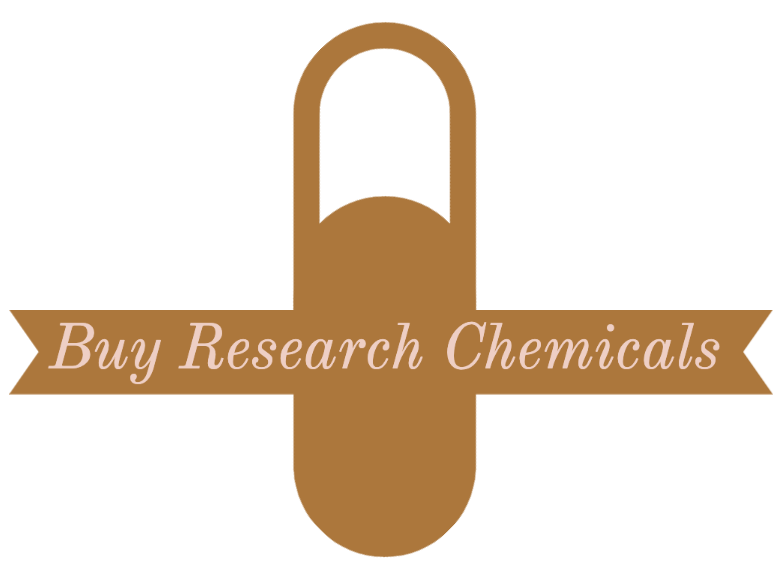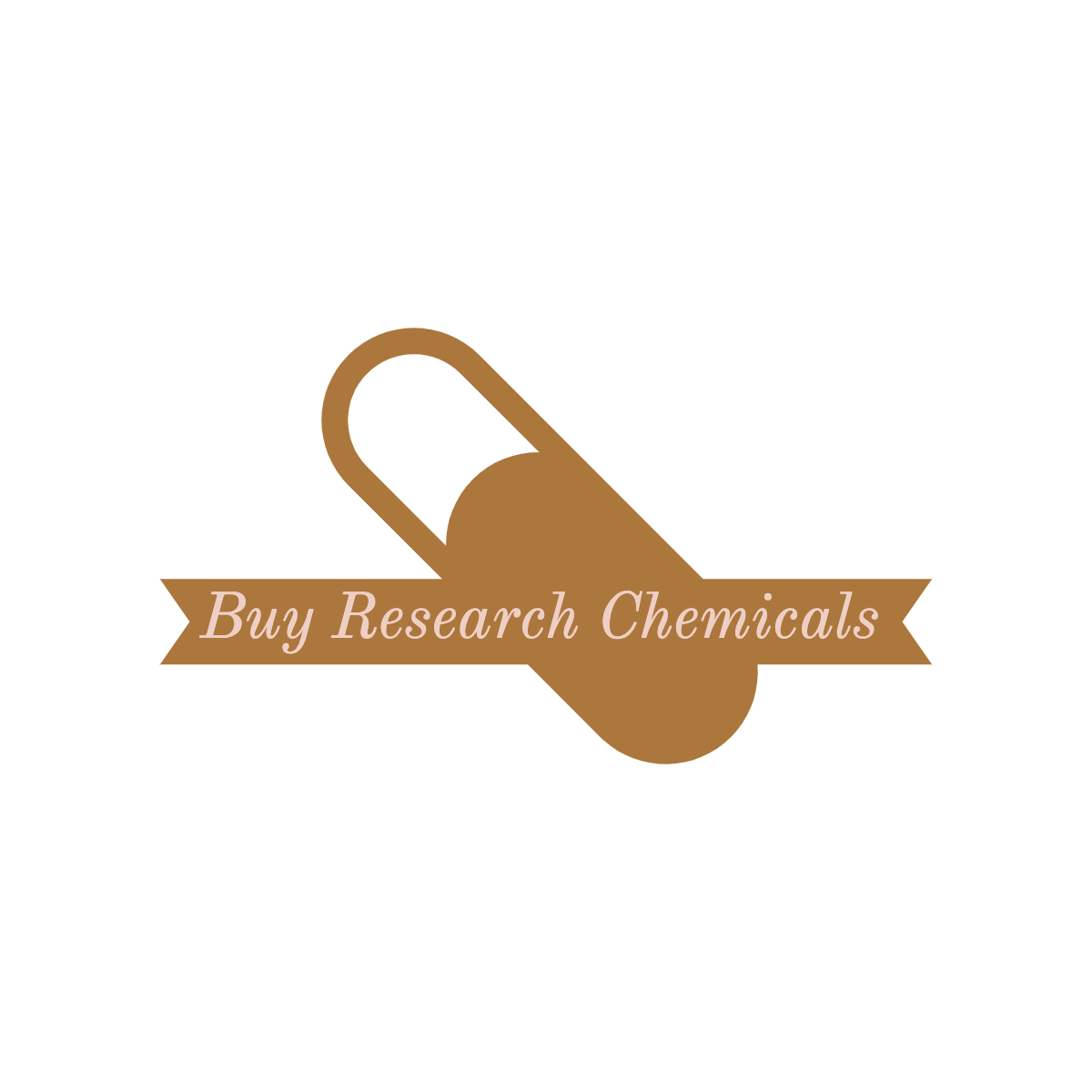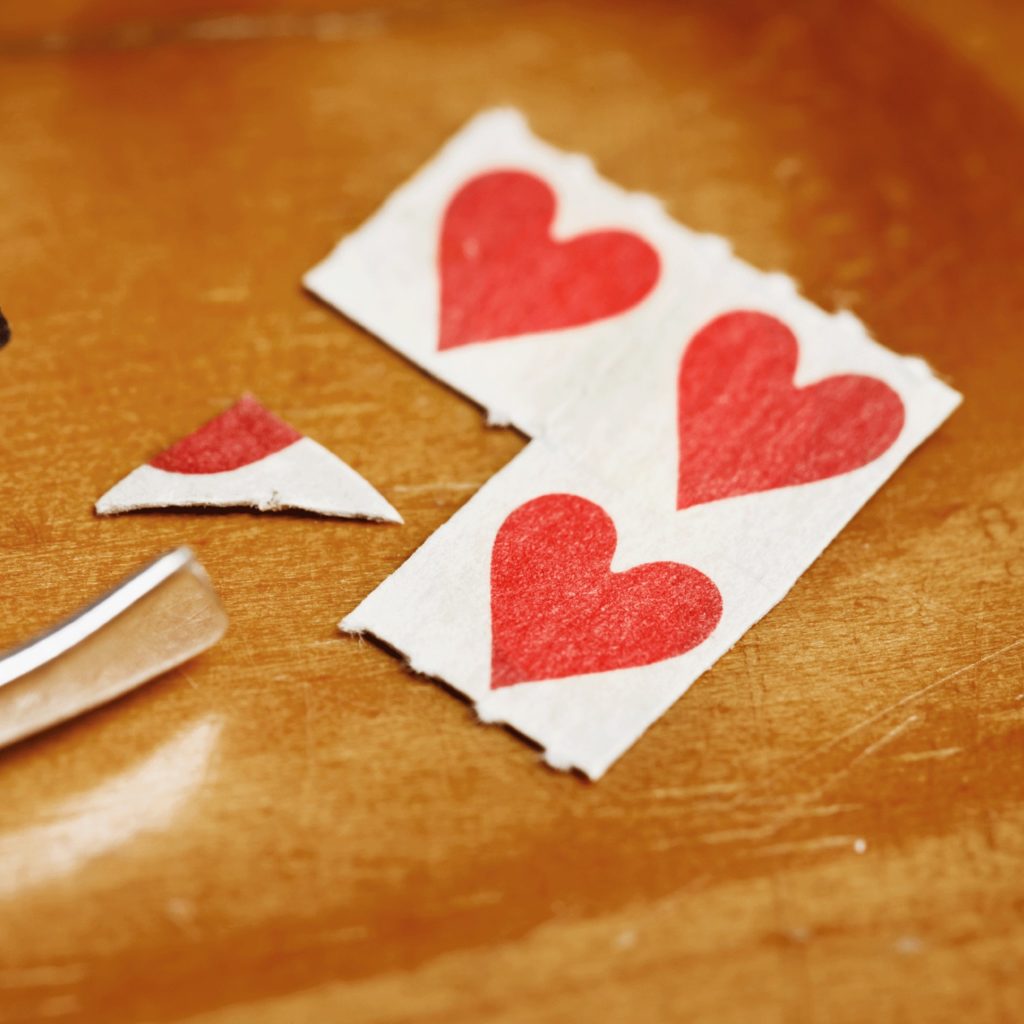Uncategorised
LSD USERS SHARE THEIR EXPERIENCES

Psychedelic Pride on 19 April celebrates the anniversary of Swiss scientist Albert Hofmann becoming the first ever person to ingest LSD, a substance that many including Charlie Gilmour feel is due for rehabilitation Established by the UK’s Psychedelic Society, users are encouraged to corner a lucky parent, sibling, or even colleague and “explain to them how psychedelics have benefited you”. As the organisers note: “Breaking the taboo on psychedelic use is an important step in the campaign for their legalisation and regulation.”
It is perhaps a little perverse to mark the date of what was undoubtedly one of the most terrifying documented drug experiences in this way. Hofmann had a few days earlier accidentally absorbed a minuscule amount of the then untested drug through his fingertips, and had found the resulting experience to be pleasant and dreamlike. His curiosity piqued, on 19 April he self-administered what we now know to be a mind-blowing 250-microgram dose. The effects first began to kick in on his bike ride home – and for this reason the day is also celebrated internationally as Bicycle Day – but soon became far too powerful. He thought he’d poisoned himself or, at the very least, driven himself insane. The unlucky chemist spent an unpleasant evening running screaming from his demons and glugging milk (two litres worth) in an attempt to neutralise the chemical.
However, he was undeterred, and went on research widely into LSD, publishing numerous books and articles on the drug, which he described as “medicine for the soul”. In 2007, The Telegraph ranked him in joint first place with Tim Berners-Lee in its list of 100 greatest living geniuses. He died the following year, aged 102.
Since his discovery – which directly and indirectly shaped the music, art and fashion of the late-20th century and beyond – the many beneficial possibilities of psychedelic drugs have been well documented and, after decades of scientific censorship, are finally being studied again. Highlights include experiments at Johns Hopkins University, which have shown that psilocybin – the active ingredient in magic mushrooms – can alleviate symptoms of depression and anxiety among the terminally ill, and can act as a remarkably effective treatment for alcoholism and other addictions too. While on this side of the Atlantic, research has emerged within the last week from Imperial College London demonstrating for the first time, through brain scans, what hippies have been droning on about for half a century: LSD really does expand your mind


